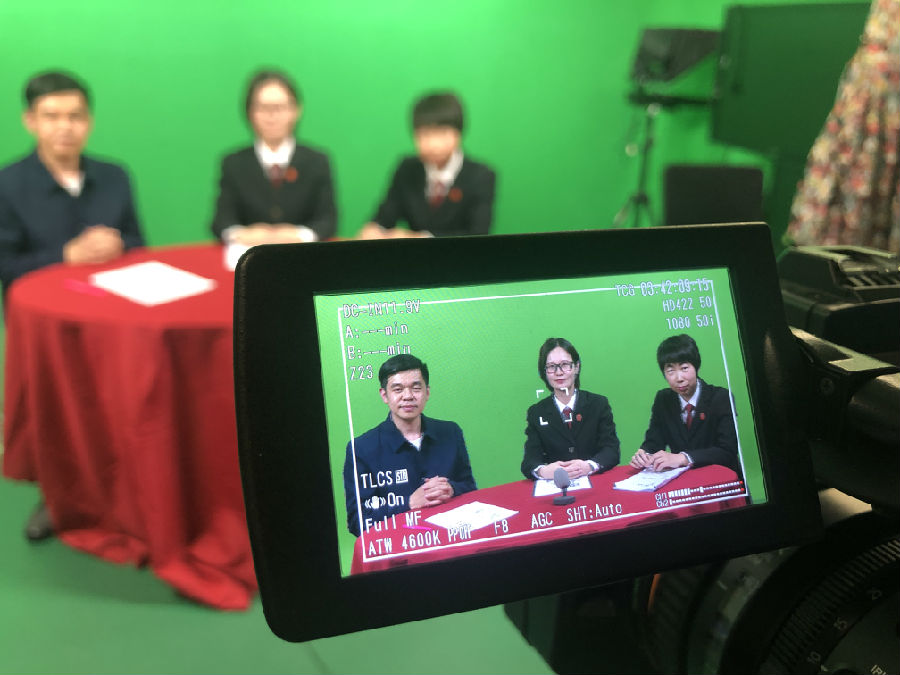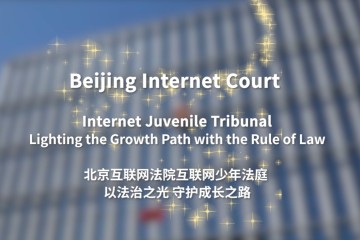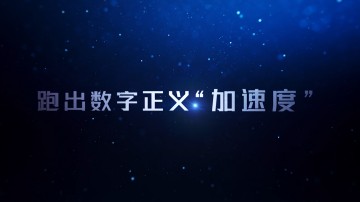BIC, Beijing Radio & Television Station launch program on IP protection

An interview program on intellectual property protection in the online education industry is broadcast live on April 21. [Photo/Beijing Internet Court]
The Beijing Internet Court (BIC) has prepared a series of themed activities for World Intellectual Property Day on April 26, including an interview program on intellectual property protection in the online education industry that was jointly planned with the Beijing Radio & Television Station.
Two judges from BIC, Yuan Jianhua and Zhu Ge, were invited to appear on the program on April 21. They talked about policies, current developments, and major disputes in the online education industry, and explained the definition of infringement on intellectual property rights, types of infringement, and recognition of reasonable use. They also offered their advice regarding the market order of the online education industry from the perspective of judicial practice.
Yuan said online education is more independent, comprehensive, and interactive compared with traditional school education. Since the online education market has grown rapidly in recent years, more disputes are emerging. These disputes often involve contract disputes between online education institutions and consumers, including those concerning contract effect, refunds, contract termination, and compensation for losses. These disputes reflect the illegal actions of some online education institutions. Yuan suggested that consumers protect their rights through legal means.

An interview program on intellectual property protection in the online education industry is broadcast live on April 21. [Photo/Beijing Internet Court]
Zhu illustrated the features of some cases of copyright infringement in the online education industry. For example, works that infringe on copyrights are widely spread through multiple platforms; various types of works are targeted, including photos, videos, and electronic textbooks; the number of works infringing on copyrights is enormous and they are often shared online for free; and infringement is hard to discover and the evidence is hard to obtain. However, if the infringement is clear and the infringer is willing to compensate the infringed, a compromise is usually reached.
Zhu introduced basic principles and standards in dealing with these cases according to copyright protection law. She reminded consumers to obtain evidence quickly, prevent losses as soon as possible, and protect their rights through legal means. The online education industry should establish awareness of the concept of “use after permission” and promote the healthy development of the market.
The interview program was broadcast live on several major online platforms with more than 320,000 viewers.

 Judicial White Paper
Judicial White Paper
 Play
Play Play
Play Online Lawsuit Guide
Online Lawsuit Guide Beijing Internet Court Lawsuit Service WeChat Account
Beijing Internet Court Lawsuit Service WeChat Account  Beijing Internet Court WeChat Account
Beijing Internet Court WeChat Account